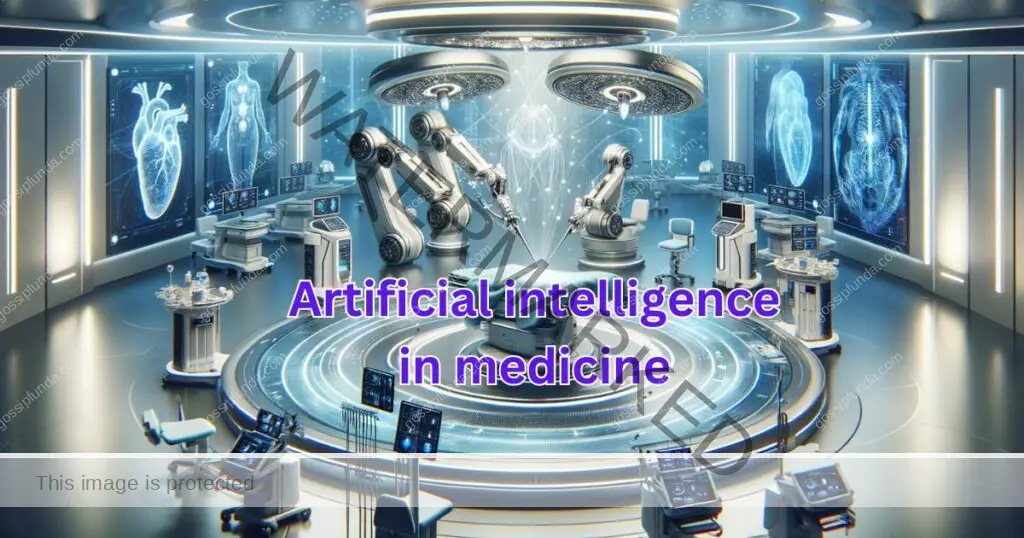Artificial intelligence (AI) is a multidisciplinary field of science whose goal is to create intelligent machines capable of performing tasks that typically require human intelligence. AI is an integration of computer science, cognitive science, psychology, linguistics, philosophy, and many other areas of knowledge. This confluence aims to understand the nature of intelligence and to produce new classes of algorithms that can solve complex problems more efficiently.
The Evolution of AI
The concept of artificial intelligence dates back to ancient myths and stories of artificial beings endowed with intelligence or consciousness by master craftsmen. However, AI as a scientific discipline began in the mid-20th century. The 1956 Dartmouth Conference is often cited as the birthplace of AI, where the term “Artificial Intelligence” was first coined by John McCarthy. Since then, AI has evolved from the simple automation of basic tasks to the current exploration of machine learning and deep learning technologies, which enable machines to process and learn from vast amounts of data.

Key Areas of AI Research
AI encompasses a variety of fields and technologies, each with its own specific objectives and applications:
- Machine Learning (ML): This is the study of algorithms and statistical models that computer systems use to perform tasks without explicit instructions, relying on patterns and inference instead.
- Natural Language Processing (NLP): This area focuses on the interaction between computers and humans using natural language, enabling computers to understand, interpret, and generate human language.
- Robotics: This field combines AI with mechanical engineering, electrical engineering, and computer science to create robots capable of performing a variety of tasks, some of which are complex or dangerous for humans.
- Computer Vision: This involves enabling machines to interpret and understand the visual world around them, from recognizing faces to understanding the content of photographs and videos.
Ethical Considerations and Challenges
As AI technology advances, it raises significant ethical and societal questions. The increasing autonomy and decision-making capabilities of AI systems bring about concerns regarding privacy, security, accountability, and the future of employment. The potential for AI-driven automation to displace a significant portion of the workforce is a topic of much debate. Additionally, there are ethical considerations in ensuring that AI systems do not perpetuate or exacerbate existing biases and inequalities in society.
Future Directions of AI
The future of AI promises even more revolutionary changes in various sectors, including healthcare, where AI can assist in diagnosing diseases and personalizing treatment plans; transportation, through the development of autonomous vehicles; and education, by providing personalized learning experiences.
One of the most anticipated advancements in AI is the development of Artificial General Intelligence (AGI), which would enable machines to understand, learn, and apply knowledge across a variety of tasks, similar to human intelligence. However, AGI remains a speculative and highly ambitious goal.
Conclusion
Artificial intelligence represents one of the most dynamic and potentially transformative areas of scientific inquiry today. Its development poses as many challenges as it does opportunities, and it requires careful consideration of ethical implications and societal impacts. As AI continues to evolve, it promises to redefine the boundaries of what is technologically possible, offering unprecedented tools and capabilities that could fundamentally change our world.
Presently, I am pursuing B.Tech (3rd year from CSE-branch) in the Kakatiya institute of technology and science.
My strengths are hard-working, work dedication, and time management.
My passion is content writing. I can write content in a unique manner.
My goal is to become a software engineering.
I want to help others to bring up their talent out. I am very much passionate about Science and Technology.

